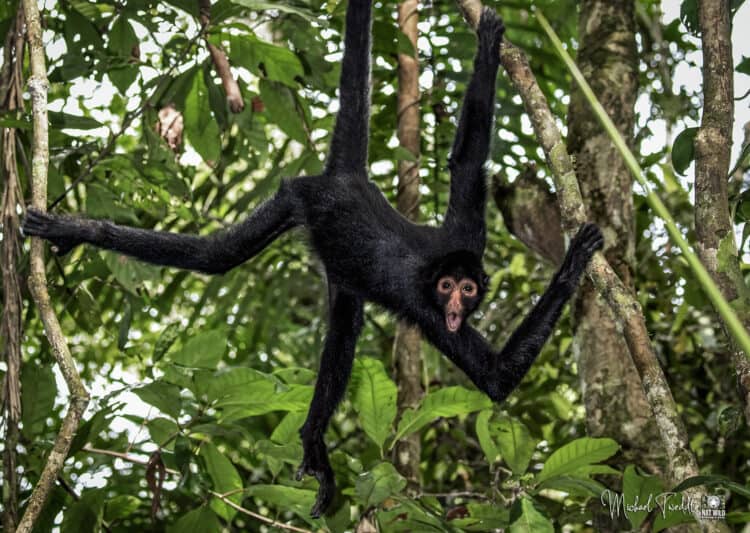A deadly bacterial infection, melioidosis, has claimed the lives of 11 monkeys at Hong Kong’s oldest zoo, causing significant concern for authorities.
The bacterial disease, which is commonly found in moist clay soil, first killed nine monkeys earlier in the week, with two more succumbing over the weekend.
This outbreak has prompted part of the zoo, which has been a feature of the city since 1860, to temporarily close as investigations continue.
Melioidosis is caused by Burkholderia pseudomallei, a bacteria that thrives in wet soils and can infect both animals and humans, though the likelihood of transmission from animals to people is low.
In this case, it is believed the bacteria was inadvertently introduced into the monkeys’ enclosures via contaminated soil, possibly carried in by workers’ shoes.
Autopsies revealed that the deceased monkeys, which included species like De Brazza’s monkeys, squirrel monkeys, cotton-top tamarins, and white-faced sakis, had high concentrations of the bacteria in their organs.
These findings suggest the animals contracted the infection from their environment, likely the soil near their habitat. Additional tests are still being conducted to confirm the cause of death for the latest two monkeys.
The zoo has since cordoned off the mammal section to prevent any further spread of the bacteria, ensuring that there is no contact between visitors and the animals.
With around 158 birds, 70 mammals, and 21 reptiles spread across 40 enclosures, zoo staff are taking every precaution to protect the remaining animals.
This article by Trinity Sparke was first published by One Green Planet on 23 October 2024. Image Credit :Nick Fox/Shutterstock.
What you can do
Help to save wildlife by donating as little as $1 – It only takes a minute.







Leave a Reply